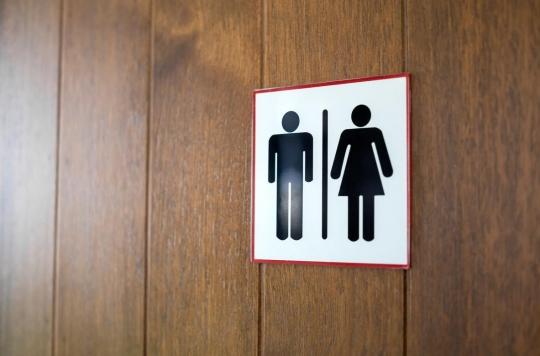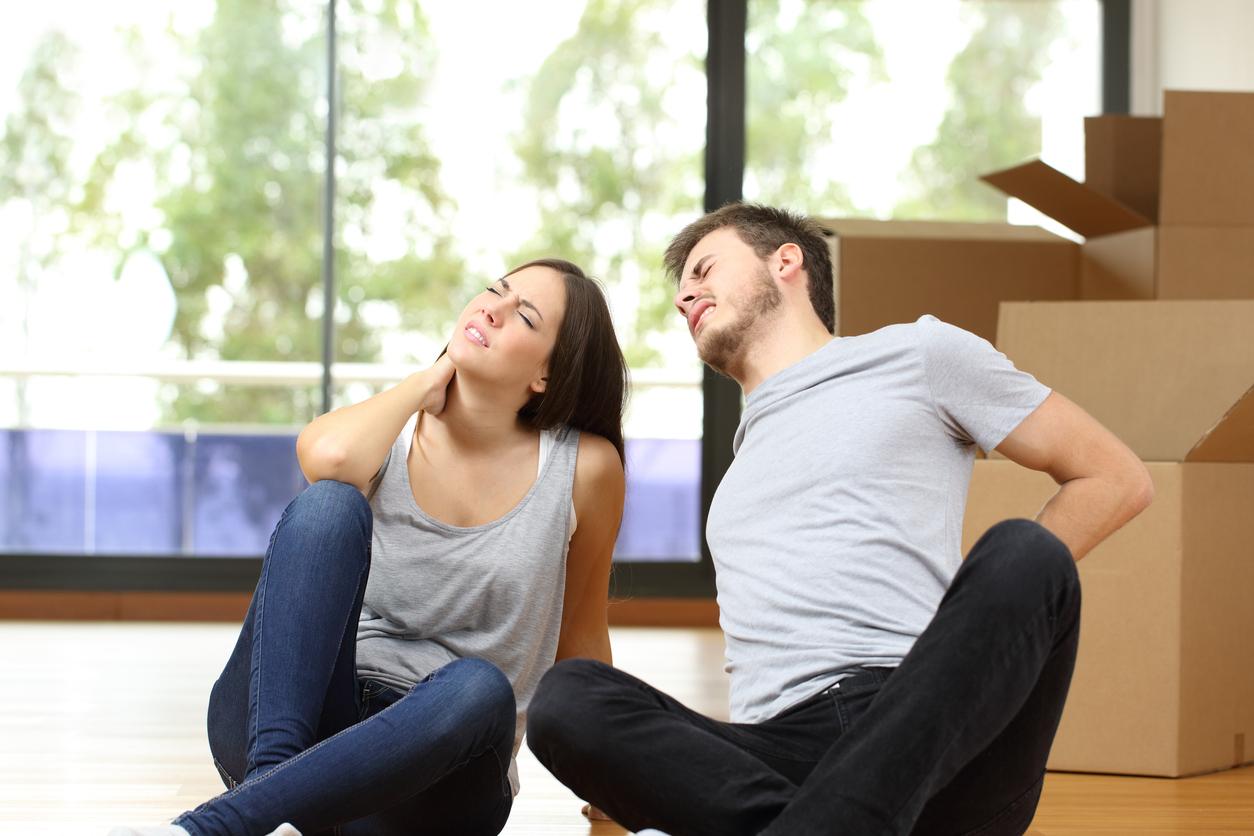When they are not at home, many women refrain from going to defecate, which causes them health problems.

- Like anything that does not function normally in the human body, constipation is dangerous for your health.
- Constipation can lead to bloating, flatulence and intestinal pain, as well as intestinal obstruction, hemorrhoids, anal fissures, or fecal incontinence.
According to a new Ifop survey for Diogenes Francethe embarrassment at the idea of defecating in situations of non-intimacy is systematically stronger in women (56%) than in men (42%).
42% of women are embarrassed to have a bowel movement at work
For example, women are almost twice as likely as men to say they are embarrassed at the idea of having a bowel movement at their workplace (42% against 26% of men) or at friends’ (39% against 25 % men). And this discomfort is particularly strong among young women under 30 (75%, compared to 41% of those over 60), “perhaps because they are still impregnated with the standards of cleanliness inculcated in childhood and/or more obsessed with the image they can send back of them…”, comment the pollsters.
They add : “highlighting the differences in gender conditioning, “poop-shaming” (or “shame of poo”) therefore appears not only as a socio-psychological phenomenon of magnitude, but which also particularly affects women”.
Two out of three women suffer from parcopresis
This “gender gap” is also reflected in the prevalence of parcopresis: the inability to defecate in situations of non-intimacy affects two out of three women (69%) against barely one out of two men (48%). However, these forms of faecal retention are not without consequences for their health, with women displaying constipation rates twice as high as men (41% of women vs. 18% of men).
This differentiated relationship to the WC makes it a source of marital tension, which is due in particular to the fact that the woman often plays the role of “guardian” the cleanliness of household toilets – the cleaning of household toilets remains a task carried out mainly by women (73%).
In addition, the Covid-19 having led to the closure of many public toilets, nearly one in two French people (45%) – and up to 51% of women – have not been able to easily relieve a pressing desire since the in place of the first containment. More broadly, the feeling of difficulty in accessing public WCs is shared by nearly two out of three French people (66%), particularly in the Paris metropolitan area (80%).

.
















